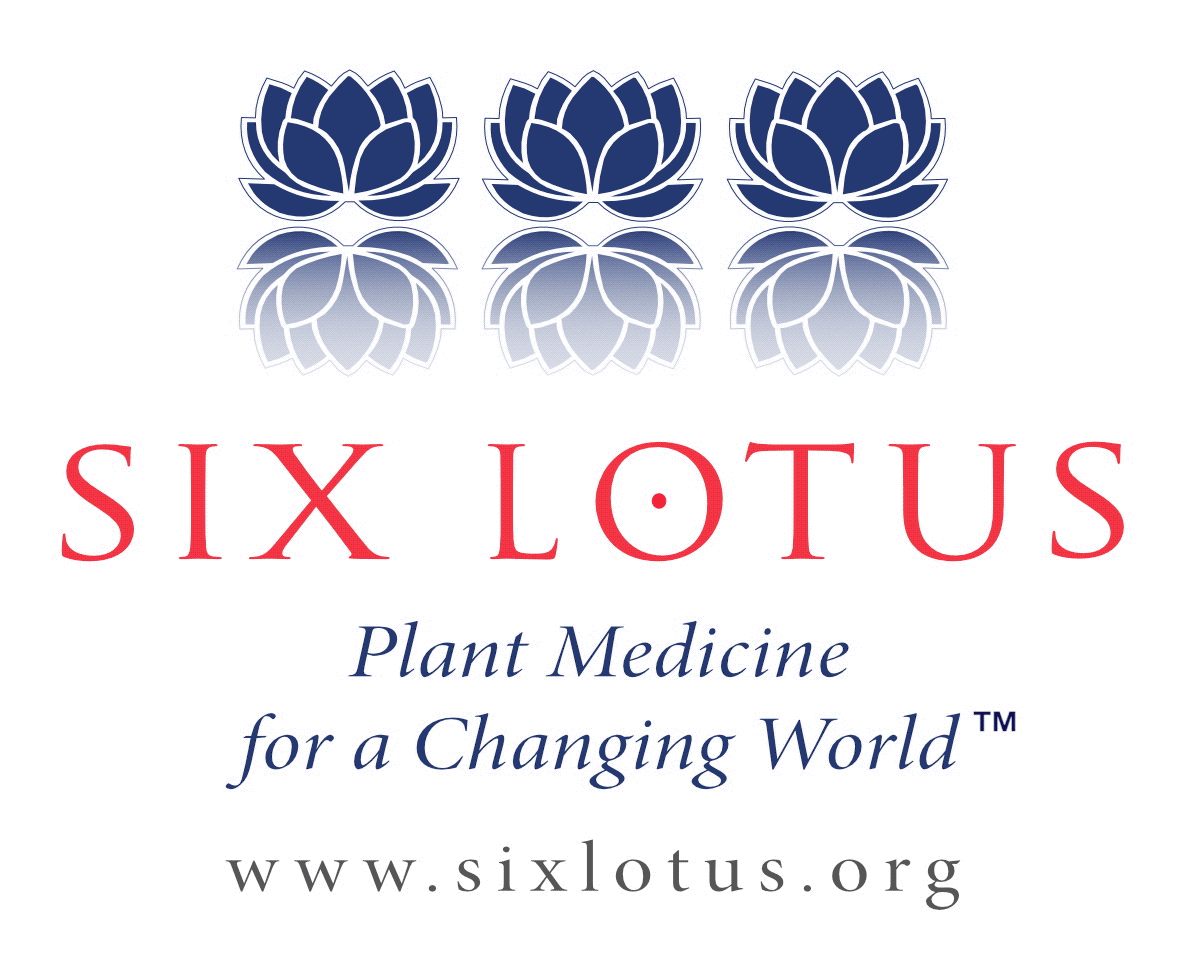Trauma, Behavior, and Nourishment in Companion Animals: A WFPB SOS-Free Approach
Introduction
Dogs and cats, like humans, can suffer from trauma—through abuse, neglect, accidents, separation anxiety, or chronic stress. Their recovery is supported by safe environments, training, and veterinary care. Yet, just as in humans, nutrition underlies every aspect of healing: mood regulation, resilience, and physiological repair. A Whole-Food Plant-Based, SOS-free (no added Salt, Oil, or Sugar) diet, properly supplemented, can meet their nutritional needs and provide the foundation for recovery.¹ ² Because of added drugs, pesticides, heavy metals in fish, and stressful conditions, it is not advisable to feed your companion animal-based products. Most are unsafe today, so it is better to choose alternatives that support health. If that isn’t possible, offer a wide variety of organic foods and keep animal products to a minimum, adding all necessary supplements. Healing the microbiome is a vital first step for both trauma recovery and overall health.
Can Companion Animals Thrive on Plant-Based Diets?
Yes. Although dogs are omnivorous and cats are obligate carnivores, both can thrive on plant-based diets when their specific nutrient requirements are carefully met.³ ⁴
Dogs can synthesize many nutrients from plant sources when given sufficient amino acid balance and calories.
Cats, however, require preformed vitamin A, taurine, arachidonic acid (ARA), vitamin B12, and L-carnitine, which must be added to their diets. Without these, cats can develop blindness, heart disease, and immune dysfunction.⁵ ⁶
With modern vegan veterinary supplements, these nutrients are now available in safe, bioavailable forms.
| Animal | Protein Requirement | Plant Sources | Notes |
|---|---|---|---|
| Dogs | 18–25% of total calories | Lentils, peas, soy, quinoa, seitan, beans | Variety ensures amino acid completeness. |
| Cats | 26–30%+ of total calories | Pea protein, soy protein isolate, lentils, pumpkin seeds | Must add taurine, ARA, B12, L-carnitine, vitamin A. |
Both species can get all essential amino acids when quantities are sufficient. The supplement additions ensure nothing is missing.³
Weekly Meal Plan Examples
For Dogs (20 kg, adult, active)
Daily Base Meal
1 cup cooked lentils
½ cup cooked quinoa
1 cup mixed vegetables (carrots, kale, peas)
½ cup pumpkin or sweet potato
1 tbsp ground flax or chia seeds
Supplementsa
Taurine: ~500 mg/day (Boulder Holistic Vet, boulderholisticvet.com)
B12: Vegan methylcobalamin, e.g. VegeDog™ supplement (Vecado, vecado.com)
L-carnitine: 50–100 mg/day (included in VegeDog™)
ARA: Optional, provided in VegeDog™
Weekly Rotation Ideas
Swap lentils for black beans or chickpeas.
Rotate quinoa with brown rice.
Add kale one day, spinach or zucchini another.
For Cats (5 kg, adult)
Daily Base Meal
60 g pea protein + soy isolate mix
1 tbsp pumpkin puree
1 tbsp spinach or kale (lightly cooked)
1 tbsp sweet potato
Supplements (all required)
Taurine: 250–500 mg/day (Pet Plus Taurine, justbekind.co.uk)
Vitamin B12: Included in VegeCat™ supplement (Vecado, vecado.com)
Arachidonic Acid: from Mortierella alpina oil in VegeCat™
L-carnitine: also in VegeCat™
Preformed Vitamin A: included in VegeCat™
Weekly Rotation Ideas
Mix pea protein base with pumpkin and spinach one day, sweet potato and kale the next.
Occasionally add small amounts of carrot or zucchini (cats prefer mild flavors).
Why WFPB SOS-Free Works for Healing and Behavior
Inflammation control: Plant foods rich in antioxidants and fiber reduce oxidative stress, lowering reactivity.
Stable energy: Complex carbs and balanced protein reduce blood sugar swings that can worsen anxiety.
Microbiome health: Plant fibers feed beneficial bacteria that influence neurotransmitters like serotonin and GABA.⁷ ⁸
Behavioral balance: Studies show taurine, tryptophan, and omega-3 balance can reduce aggression and anxiety in dogs; similar gut–brain links are seen in cats.⁹ ¹⁰
Conclusion
Companion animals can recover from trauma more easily when their bodies are well nourished. With careful use of modern vegan supplements, WFPB SOS-free diets can meet all requirements for both dogs and cats. Such diets stabilize inflammation, feed the microbiome, and provide complete amino acid profiles, while supplementation ensures that critical nutrients are never lacking. In this way, our animals’ recovery mirrors our own: nutrition is the quiet but essential partner in healing trauma.
Endnotes
DeNapoli, J. S., et al. “Dietary Protein/Tryptophan and Dog Aggression.” JAVMA (2000).
Sofyan, L., et al. “Tryptophan Supplementation and Anxiety in Dogs: Evidence Appraisal.” Veterinary Evidence (2024).
Templeman, J. R., et al. “Graded Tryptophan in Dogs: Behavior Patterns.” Frontiers in Veterinary Science (2018).
Niyyat, M. R., et al. “Omega-3, Magnesium, Zinc and Canine Behavioral Disorders (Pilot).” (2018).
Kiełbik, P., et al. “Canine Behavioral Disorders and the Gut Microbiome.” Animals (2024).
Sacoor, C., et al. “Gut-Brain Axis Impact on Canine Anxiety Disorders.” Neurology Research International (2024).
Craddock, H. A., et al. “Working Dog Microbiome and Behavior.” npj Biofilms and Microbiomes (2022).
Today’s Veterinary Practice. “Commercial Fresh Pet Food Diets and Advanced Glycation End Products.” (2024).
VegeDog™ supplement information. Vecado Pet Foods (vecado.com).
VegeCat™ supplement information. Vecado Pet Foods (vecado.com).

